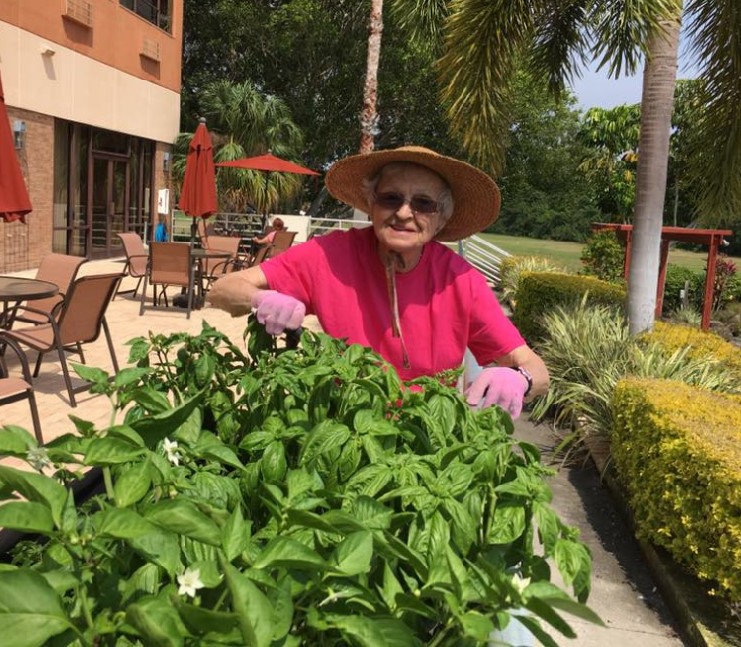Downsizing Tips for Moving: Navigating the Emotional Side
Moving to a new home—especially when it involves downsizing—can be both an exciting and overwhelming experience. The thought of leaving a familiar space filled with years of memories can stir up emotions, making the process feel even more challenging. Whether you’re considering a move to a smaller home or exploring senior living communities in Vero Beach, FL, downsizing is an emotional journey that requires patience, understanding, and a sense of purpose.
At Hidden Lakes Senior Living Community, we understand that the emotional aspects of downsizing are just as important as the physical logistics. It’s not just about sorting through belongings—it’s about finding a space where you feel comfortable, supported, and at home. Here are some downsizing tips for moving that can help make the transition smoother, both physically and emotionally.
1. Take it One Step at a Time
The thought of sorting through a lifetime of belongings can feel overwhelming, but approaching the process one step at a time can make it feel more manageable. Start by focusing on one room or one category of items at a time, such as clothes, books, or kitchenware. Breaking down the task into smaller chunks makes the process feel less daunting and allows you to stay focused.
When you feel the urge to rush, remind yourself that it’s okay to move at your own pace. Downsizing tips for moving always emphasize taking your time, as there’s no need to complete everything in one weekend. Allow yourself time to reflect on each decision, and be kind to yourself throughout the process.
2. Reflect on What Truly Matters
As you begin to sift through your belongings, take a moment to reflect on what items truly matter to you. The items you choose to bring with you should hold meaning or serve a practical purpose in your new space. Consider those cherished mementos, family heirlooms, and sentimental objects that bring comfort and joy. These are the items that can help you feel grounded in your new environment.
Letting go of items can be difficult, but focusing on what adds value to your life rather than holding onto everything can bring a sense of clarity. You may choose to pass along some items to family members or donate them to a cause that matters to you, knowing they’ll be appreciated by others.
3. Ask for Help from Family and Friends
Downsizing is a lot easier when you have a support system. Don’t be afraid to ask for help from family members, friends, or even professionals who specialize in organizing and moving. Having someone by your side can help ease the emotional load, offer perspective, and provide hands-on assistance with sorting and packing.
Family members can also help with decision-making, ensuring that precious keepsakes and memories are preserved for future generations. If you’re feeling overwhelmed, reach out to your circle of support—they want to help make this transition as smooth as possible.
4. Embrace the Opportunity for a Fresh Start
While the thought of leaving behind a long-time home can be emotional, downsizing is also an opportunity for a fresh start. Moving to a smaller space or a senior living community opens the door to new experiences and the chance to make new memories. It’s a time to let go of unnecessary items that no longer serve you, creating room for things that truly bring joy.
At Hidden Lakes Senior Living Community, residents find comfort in knowing that they’re not just moving to a new home—they’re entering a community that values connection, support, and a sense of belonging. Embrace the excitement of this new chapter, knowing that you’re creating a space that will bring comfort and happiness.
5. Create a New Home that Reflects You
One of the most rewarding parts of downsizing is the opportunity to create a new space that reflects your current needs and lifestyle. When moving to a smaller home or senior living community, you can choose the items that make your new space feel like home. Whether it’s arranging your favorite photos on the wall, setting up cozy corners for reading, or creating a space for family visits, personalizing your new home can make it feel familiar and comforting.
In a community like Hidden Lakes Senior Living Community, your new space is not just a place to live; it’s a place to thrive. With a warm, familial atmosphere, personalized care, and opportunities to connect with others, your new home will be filled with comfort, laughter, and meaningful connections.
6. Take Time to Honor the Transition
It’s important to take the time to honor the transition. It’s okay to feel sad or nostalgic as you say goodbye to familiar spaces and items that have shaped your life. Acknowledge these feelings and allow yourself time to reflect on the positive memories that came from your old space.
At Hidden Lakes Senior Living Community, we understand that every transition is unique, and we’re here to support you throughout the entire process. Moving isn’t just about changing addresses—it’s about creating a new chapter, one that’s filled with possibilities and the opportunity to embrace a fresh start in a community that feels like family.
Your Next Chapter Starts Here
Downsizing is more than just a logistical task—it’s a deeply emotional journey that involves letting go of the past while embracing the future. By taking it one step at a time, reflecting on what truly matters, and leaning on family and friends for support, the process can be both rewarding and fulfilling.
If you’re considering downsizing to senior living in Vero Beach, FL, remember that you’re not alone. The emotional support, sense of belonging, and personalized care you’ll receive in a community environment will help ease the transition and ensure that your new space becomes a home filled with comfort, warmth, and connection. Contact us to learn more about our community or for more downsizing tips for moving.

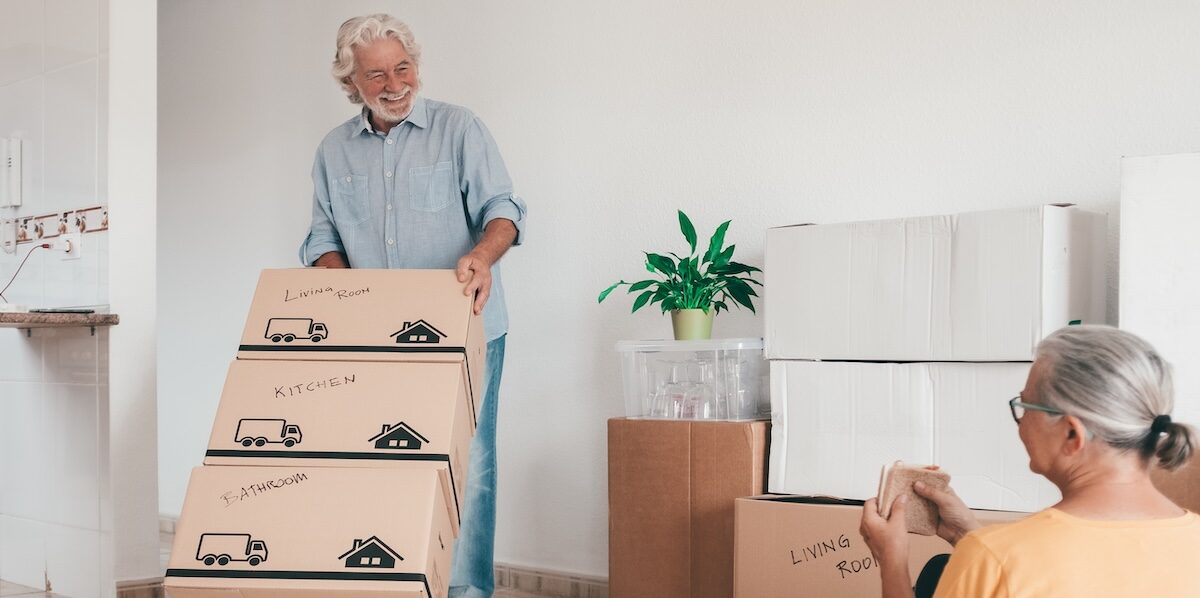


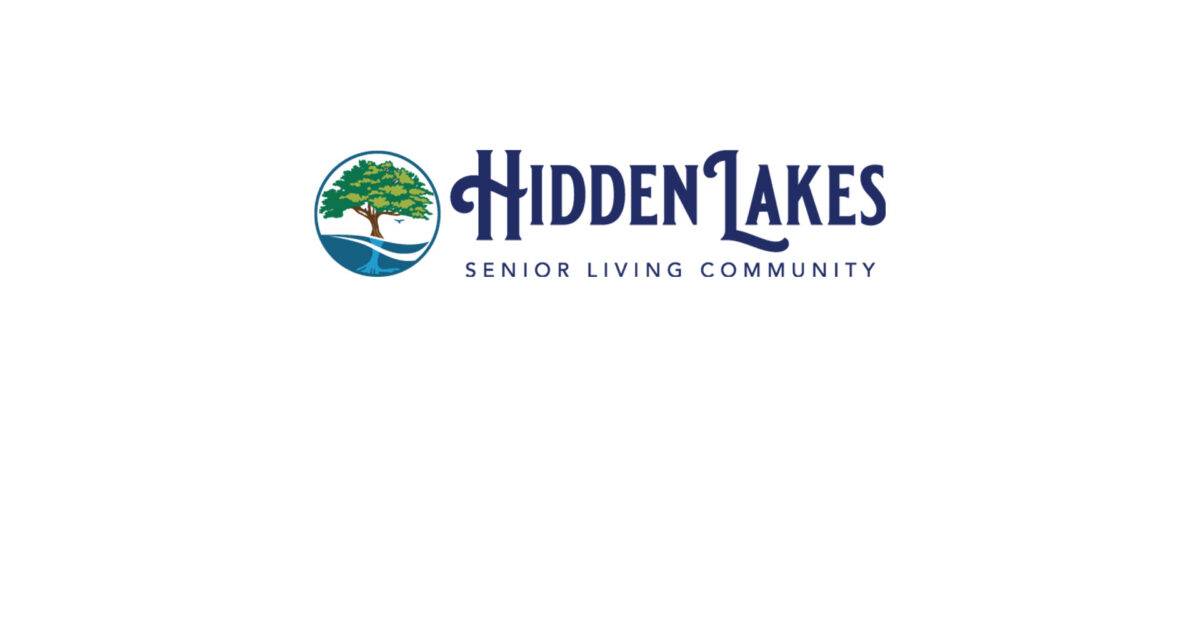
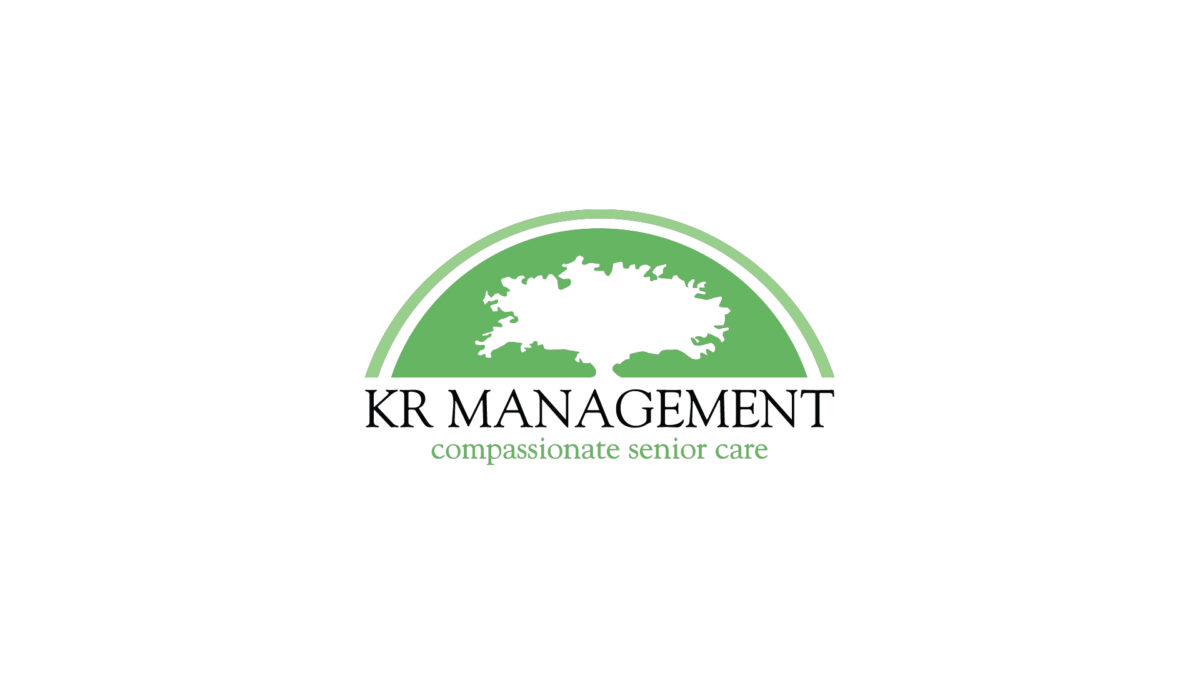
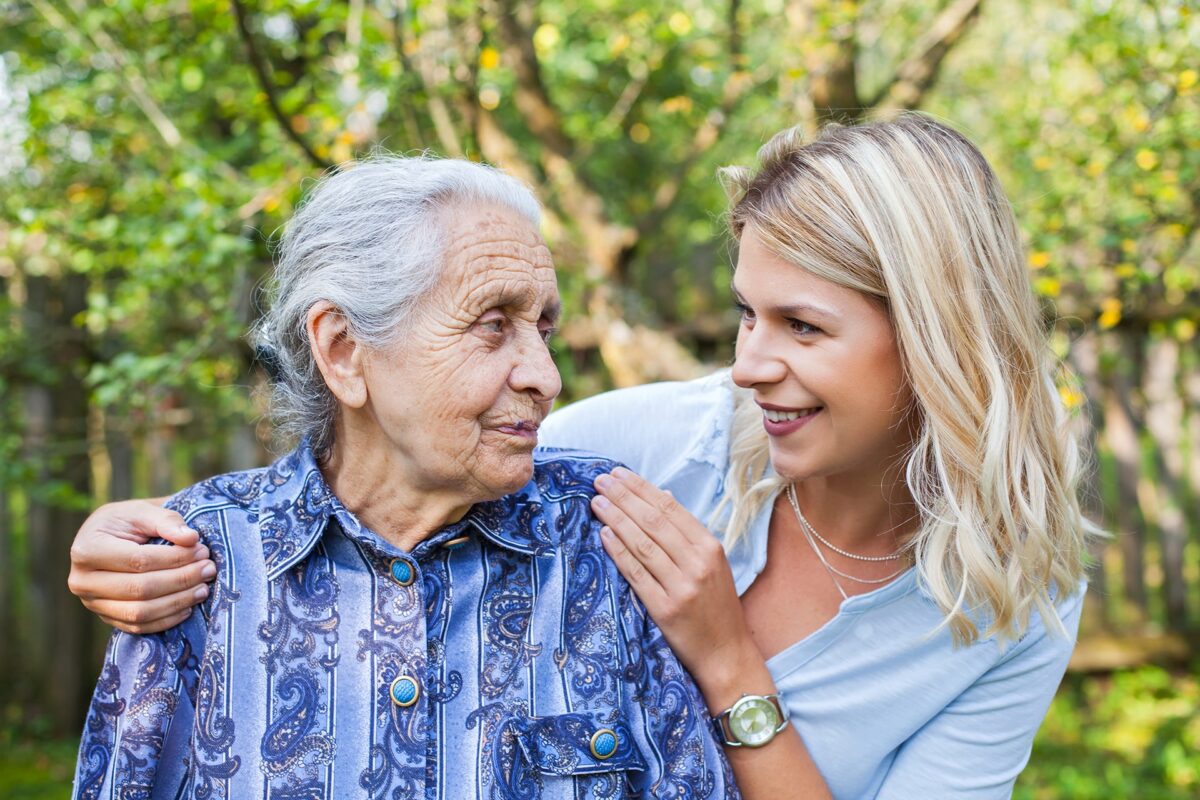

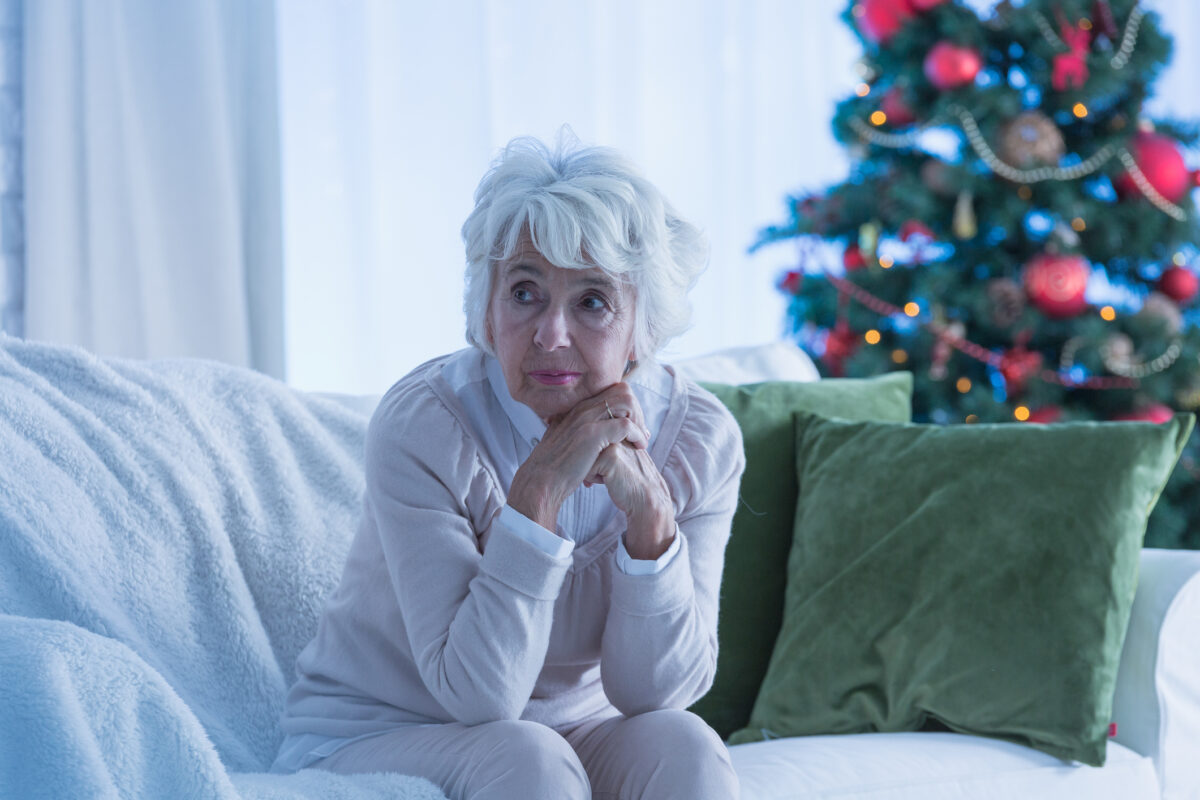
 According to Clinical Psychologist, Dr. Joan Vail of
According to Clinical Psychologist, Dr. Joan Vail of 

